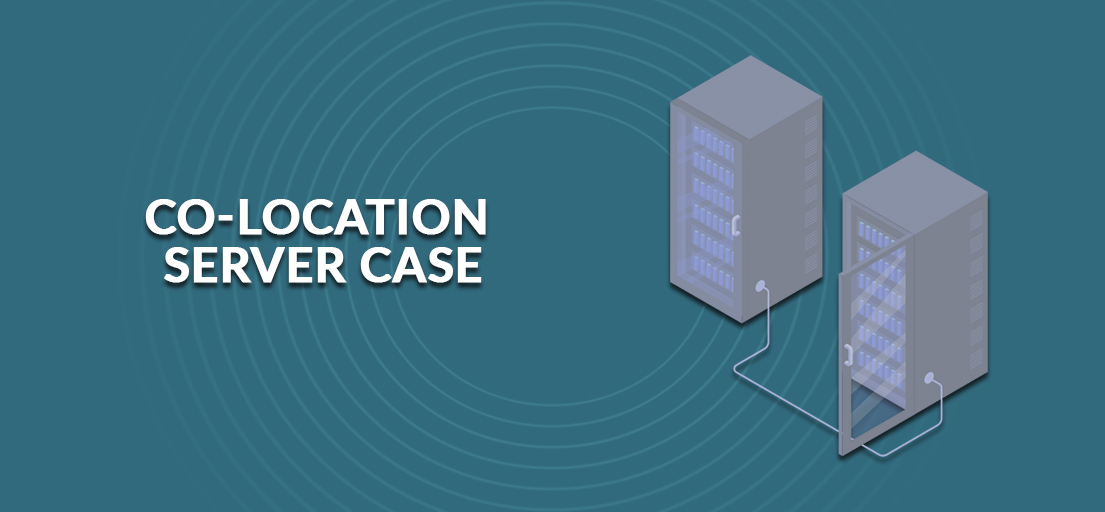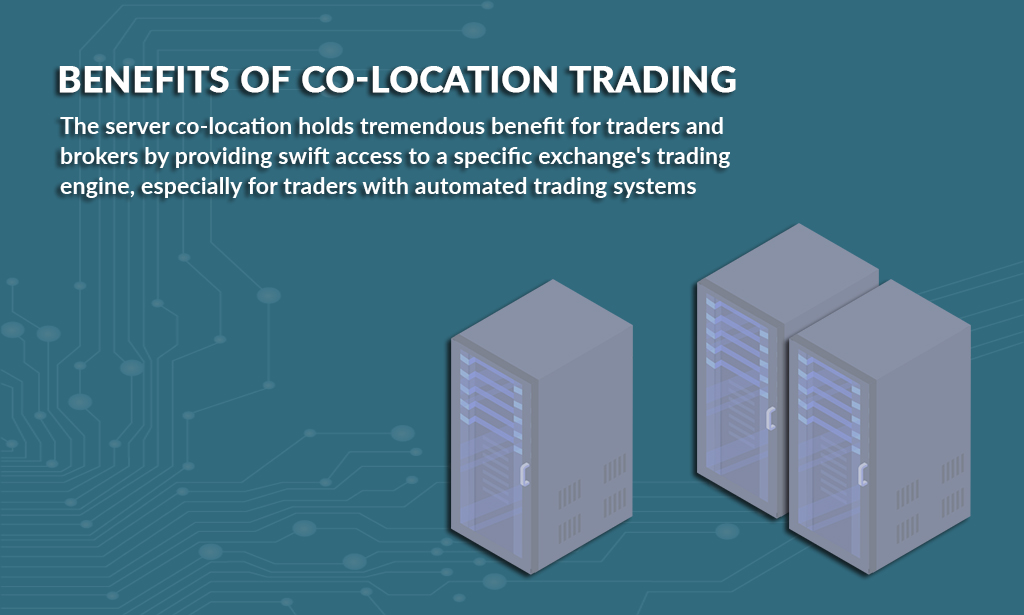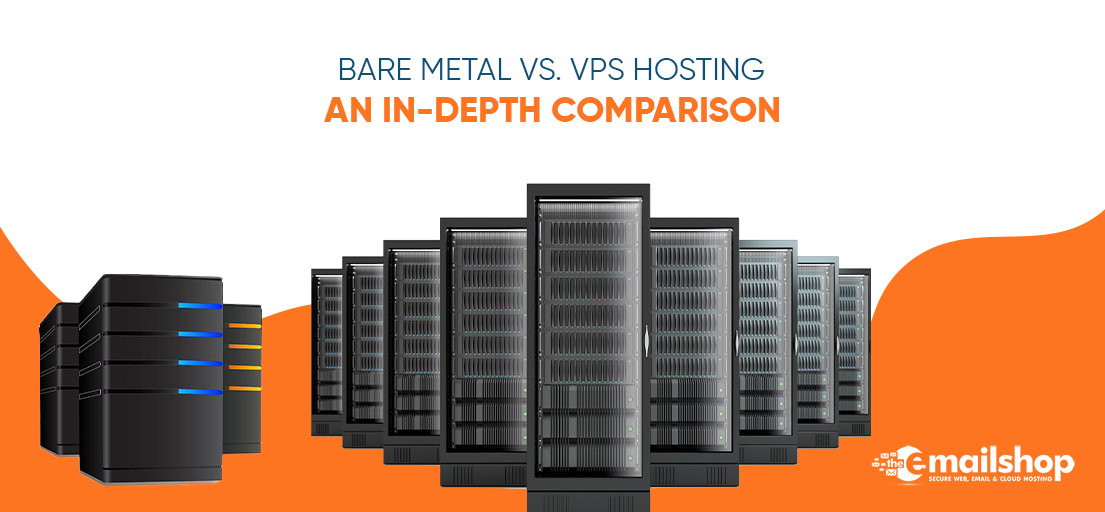Learn about the Co-location Server Case with The Email Shop
The co-location server case is referred to as the co-location trading scam in the National Stock Exchange in India as co-location services became increasingly popular in the IT sector in India. This article is our approach to having the co-location case explained to you. We will also shed some light on the benefits of the trading co-location services and how The Email Shop provides reliable and secure server colocation services in the UK market.
The co-location scandal and Deloitte Report
Server co-location based trading strategy was adopted by the National Stock Exchange () in India, where they built the data center facility to house the hardware of the traders. The service provided quick execution speeds and price feeds for housing fees for their servers. The service allowed traders to access the trading server for different tiers, and each tier had different co-location charges. Better access was granted for a better price.
In the mid of 2016, an investigation was carried out by the Securities and Exchange Board of India (SEBI) in the co-location facility to look for the involvement of external agencies to have preferential access to the data center facility to gain a competitive advantage over trading in the stock market. The report concluded that 62 brokerages took advantage of the co-location staff’s unfair preferential access. The scam also inflicted damage to the reputation of the “Non-Neat Front End” NNF trading.
The scandal made a dent in the credibility of one of the most fundamental elements of the data center infrastructure, which was physical security. The data centers are supposed to provide their customers with the best solutions for physical security so that the hardware and its systems are virtually inaccessible by outside intrusions. The data center takes the responsibility to make sure that the server hardware and the systems that are being run on it are not accessible to unauthorized personnel as there can be sensitive information on the servers that can be manipulated.
Benefits of co-location trading
Server co-location allows companies and organizations to house and manage their hardware in specially designed data center facilities, and these data centers will take full responsibility to maintain an infrastructure of resources required by your hardware to perform at optimal levels. The server co-location holds tremendous benefits for traders and brokers by providing swift access to a specific exchange’s trading engine, especially for traders with automated trading systems. The main idea is that traders buy their own hardware and have a network of trading in the form of algorithms running that hardware. The hardware is then housed in massive data center facilities owned by the exchange itself, which provides speedy access to the exchange engine for a fee.
Speed is one of the most crucial and fundamental elements in trading. It is one of the reasons that exchanges worldwide have built huge data center facilities where they house the hardware of the members and non-members, which have systems of algorithms for trading. The customer’s physical servers are housed close to a specific stock exchange server, which will match buying and selling orders from physical servers. The benefit this service provides to the trader has all to do with the speed element, which allows the best deal for the exchange and the lowest latency to make the trade. This process is also known as high-frequency trading co–location.
You Might also Like to Read: UK Colocation Pricing: Contributing Factors & How to Control It
4 compartment co-location server case
Server co-location is essentially a service that allows different companies and organizations to house and manage their IT-based hardware. It comprises mainly physical servers in specially built data center facilities designed to provide the entire infrastructure of resources for your hardware to perform at optimal levels. The resources mainly include; proper power distribution and backup infrastructure. Moreover, optimal network bandwidth, physical space to house your server hardware, and physical and network security for your hardware. Including environmental controls, disaster management protocols, and a team of highly skilled professionals that would watch over your hardware if you want to incorporate physical changes to your hardware.
Server co-location is becoming increasingly popular among businesses and organizations in the IT industry thanks to their reliability, robustness, and security, which are provided to the organizations and companies. With every year passing, more and more organizations and companies are choosing server colocation services to house and manage their hardware in the data centers as it is more reliable and cost-effective.
The upfront costs of managing the hardware in your own organization are a lot more than what server co-location has to offer. Just building a separate facility for your servers will cost your organization a lot, and if we add the costs of the infrastructure required by the hardware, it gets a lot more. These data centers manage the upfront costs because they house multiple organizations’ hardware in their facilities. So the overall running costs of the data centers are divided between these organizations.
Our solutions to the co-location server case
The co-location server case was one of the worst issues that made a dent in the server co-location industry as the physical security of the data centers was called into action. The Email Shop provides one of the most reliable and secure solutions to this problem. Our co-location services provide additional physical security solutions in Full Rack co-location and the Private Suites co-location that make the hardware from the users practically inaccessible to unauthorized persons. Additionally, these security measures also prevent any mishaps caused by outside intrusions and damage to your hardware from human error.










